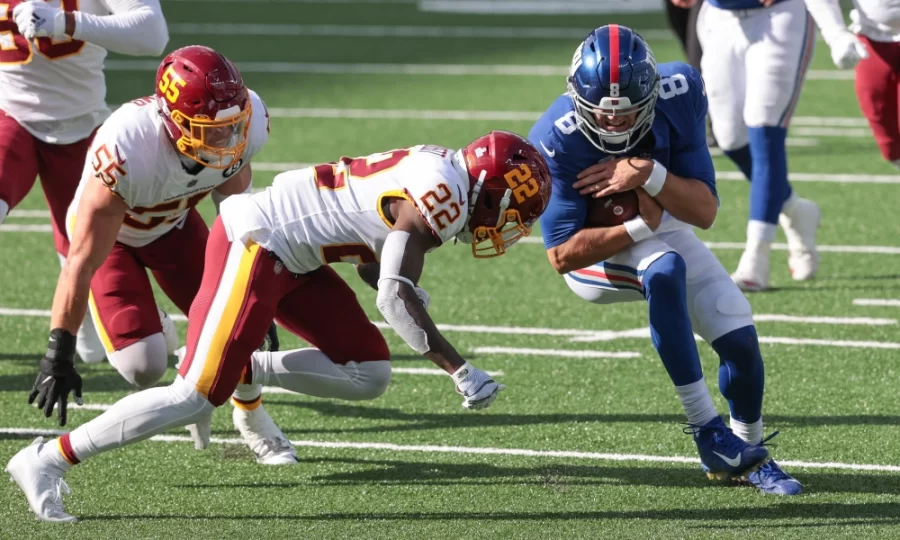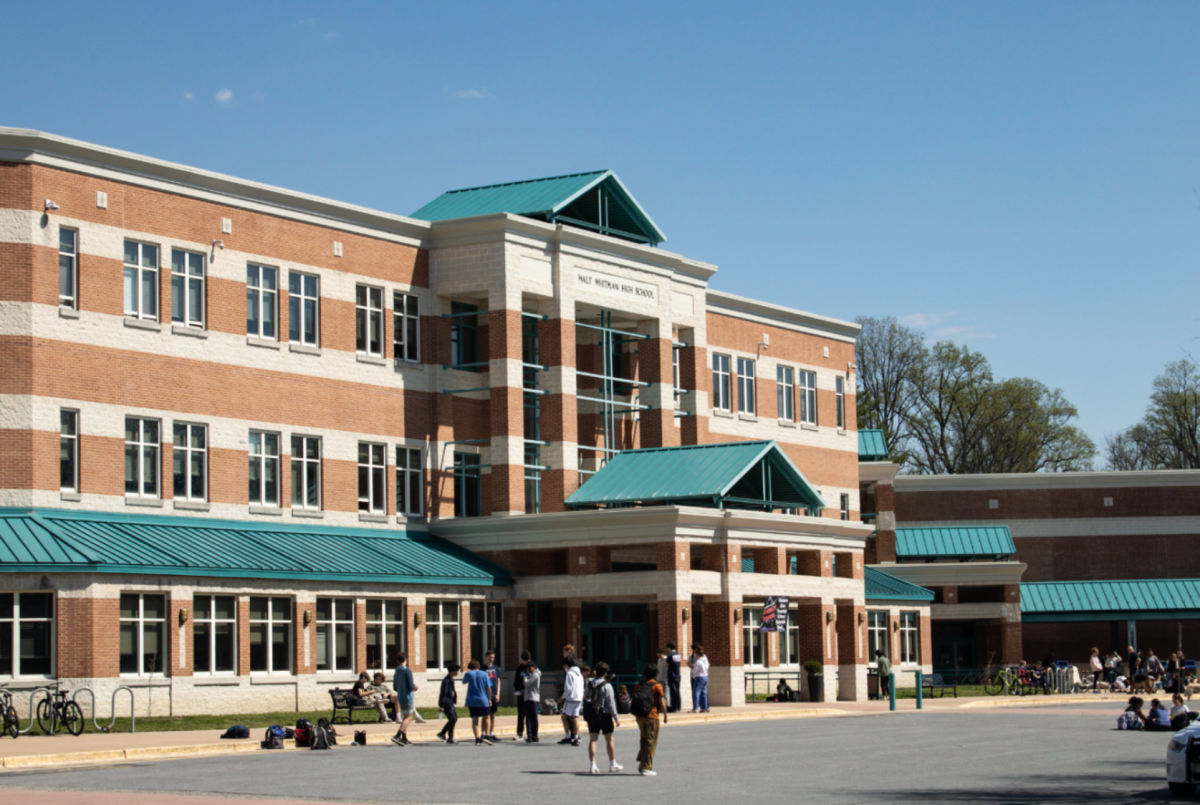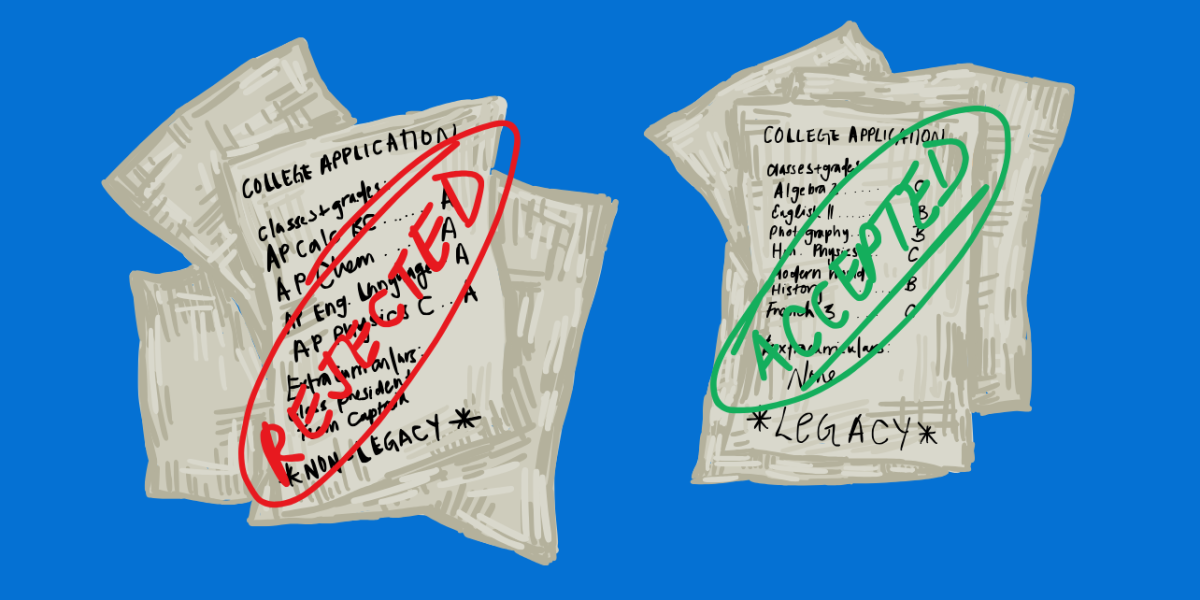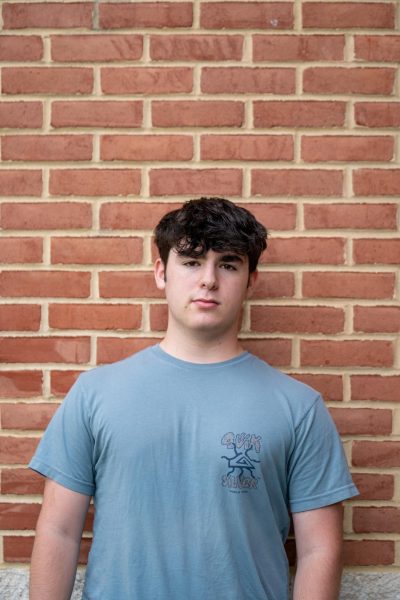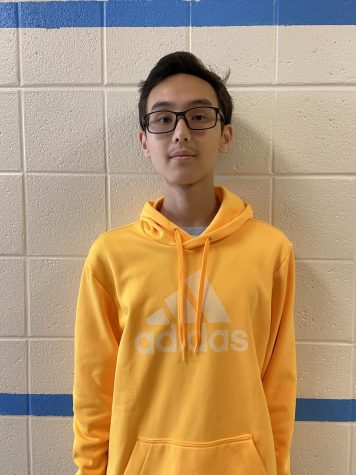On Apr. 17, roughly 88,000 eligible middle and high school students across MCPS will head to the polls to elect the 47th Student Member of the Board of Education (SMOB). The SMOB — the only student permitted to serve on the Board — is one of only two student officers in Maryland with full voting rights.
In recent months, the campaign for SMOB has narrowed down to two finalists: Montgomery Blair High School junior Sam Ross, the Chief of Staff of the SMOB Advisory Council, and Clarksburg High School junior Praneel Suvarna, the Vice President of the Montgomery County Regional Student Government Association.
As the campaign enters its final stretch, The Black & White sat down with Ross and Suvarna to learn about their distinct leadership styles and respective visions for MCPS in the upcoming year.
B&W: What first motivated you to run?
Sam Ross: I was motivated to run for SMOB after my freshman year. I reached out to then-SMOB Hana O’Looney to understand what could be done to solve some of the issues at my school. From there, I became more and more interested in education and MCPS policy and change-making, getting increasingly involved in leadership and advocacy until I ended up where I am today. Education is my focus and my career, and I want to stay in Maryland to pursue teaching, leadership or policymaking within education.
Praneel Suvarna: When I was a little kid, my mom was a paraeducator. She would come home and tell me stories from what she saw in the schools that she went to. At a very young age, I was exposed to the problems and wanted to make a change. This inspired me to get involved in my middle school and high school SGA, as well as the Montgomery County Regional SGA.
B&W: Why are you the most qualified candidate in this race?
SR: I believe I’m qualified because I worked both inside and outside of MCPS to understand the system — both the issues that students go through and what can be done to fix them. I’ve worked extensively with other members of MCPS leadership, collaborated with the staff, students and parents and have focused my energy on issues across all clusters. I’ve truly invested myself in the work of MCPS over the past two years, as I would hope any leader would.
PS: I’m the most qualified candidate because of the different types of experience I have. I’ve already worked in an elected countywide position as Vice President of MCR and as my class president for the past three years. Alongside this, I’ve been able to create meaningful change through many other organizations and this change is again something I’m proud of.
B&W: What’s the greatest single challenge facing MCPS students in the coming year?
SR: The single greatest issue facing MCPS students today is the fact that students do not feel heard. I can list off so many other issues which affect us, from our buildings to our grading policy to mental health to school lunches to the drug crisis. At the end of the day, we can’t really make any meaningful change, or truly understand these issues, without students feeling like they have the opportunity to have meaningful conversations with the leaders of the school system.
PS: The greatest single challenge facing MCPS students in the coming year is the drug and opioid crisis. I truly believe that if students aren’t safe and secure in their school buildings, then they will not be able to adequately learn and have an enjoyable school experience. This is why I push for mental health experts in every single school that are separate from the counselors already placed at each school. This helps students have comfortable conversations with professionals, without having to worry about consequences or the risk of a “teacher’s perspective.”
B&W: How do you plan to advocate for students on a panel of only adults?
SR: It is hard to be the only student in the room. I’ve been in these rooms so many times across so many different committees, so many different events but I’ve been the only one who’s designated to “speak for students.” I would do this by getting on the adults’ level. Educating myself on the same sort of things that they are educated on, and expressing my experience as a student. A lot of the time issues that students care about can get written off because of our age or education or experience level. I believe if I get on their level, at least in the boardroom in terms of experience, knowledge and maturity, I can have our points heard.
PS: The best answer to this question is that I already have. I’ve been in multiple settings where I am one of few, if not the only student voice in a room full of adults. I know how to foster connections and speak to adults in a way that my point comes across and is respectful. It’s integral that when talking about student voices, we’re representing all students well and making sure they understand that students also have valuable insight. The student point of view is a powerful one and I intend on making that clear.
Responses have been edited for length and clarity.





